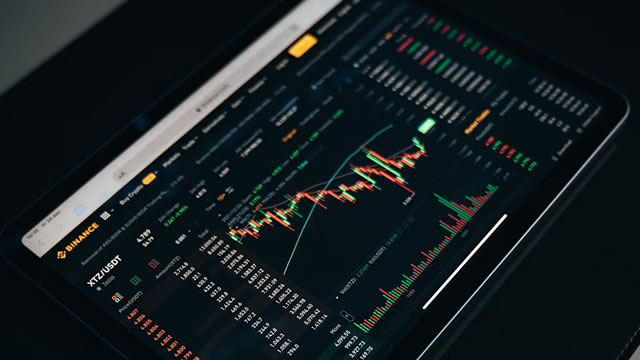Volatility in the Stock Market: A Preview of the Upcoming Week
As we approach the end of March and look forward to the beginning of April, investors and traders are bracing themselves for heightened volatility in the stock market. One of the primary reasons for this anticipated turbulence is the impending announcement of reciprocal tariffs by President Donald Trump, set for April 2, 2023, which has been dubbed “Liberation Day.”
Background on the Trade Conflict
The ongoing trade war between the United States and several major global economies, including China, Europe, and others, has been a source of significant uncertainty for the financial markets. The latest escalation in the conflict comes as a result of the U.S. decision to impose tariffs on imported steel and aluminum, which was met with retaliatory measures from affected countries. The situation has led to a series of tit-for-tat responses, with both sides imposing tariffs on a wide range of goods.
The Impact of Reciprocal Tariffs
The announcement of reciprocal tariffs on April 2 is expected to add further fuel to the volatile market conditions. According to experts, the tariffs could potentially lead to increased prices for consumers, reduced corporate profits, and decreased investor confidence. Many analysts are predicting that the markets could experience significant swings in response to the news.
Impact on Individual Investors
For individual investors, the volatility in the stock market could mean increased risk and potential financial losses. As the markets react to the latest developments in the trade conflict, investors may see significant fluctuations in the value of their portfolios. It is essential for investors to stay informed and to consider diversifying their investments to minimize risk.
- Monitor market news and developments closely
- Consider diversifying investments
- Stay informed about company-specific news
Impact on the Global Economy
The impact of the reciprocal tariffs on the global economy could be far-reaching. Some experts predict that the trade conflict could lead to a slowdown in economic growth, particularly in countries that are heavily reliant on exports. Additionally, the tariffs could potentially lead to increased inflation, which could further erode corporate profits and consumer purchasing power.
The situation also has the potential to create geopolitical tensions, as countries respond to the tariffs with retaliatory measures. This could lead to a further destabilization of the global economy and increased uncertainty for investors.
Conclusion
As we head into the final days of March and look forward to the beginning of April, investors and traders are bracing themselves for increased volatility in the stock market. The impending announcement of reciprocal tariffs by President Donald Trump on April 2, 2023, is expected to add further fuel to the turbulent market conditions. Individual investors are encouraged to stay informed, diversify their investments, and monitor market news closely. The impact on the global economy could be significant, with potential consequences for economic growth, inflation, and geopolitical tensions.
The situation is a reminder that the stock market is subject to a wide range of external factors, and that investors must be prepared for a certain degree of volatility. As always, it is essential to stay informed and to consult with financial professionals for guidance on managing your investments during uncertain market conditions.
Stay tuned for further updates as the situation develops.





